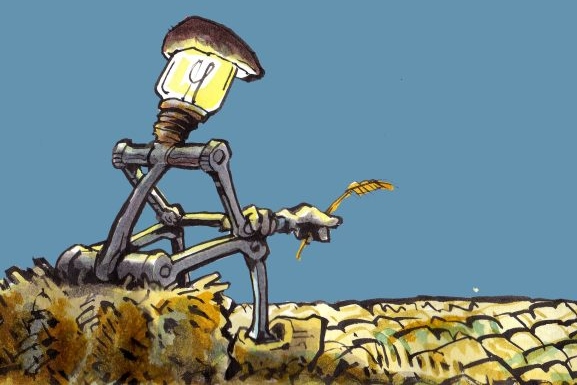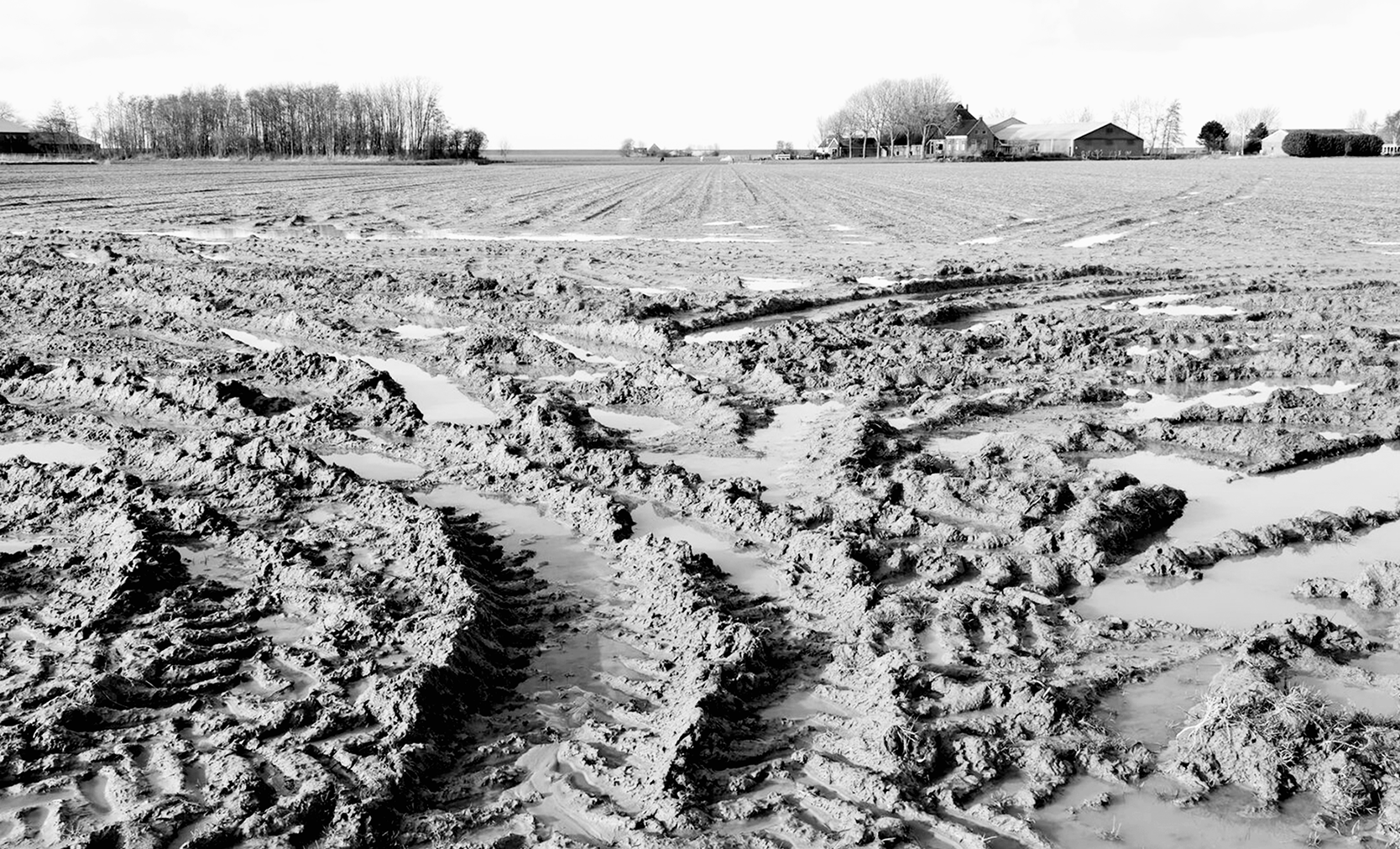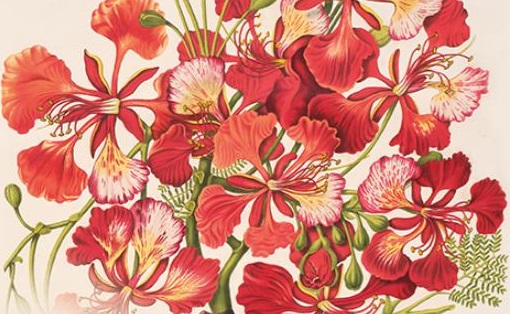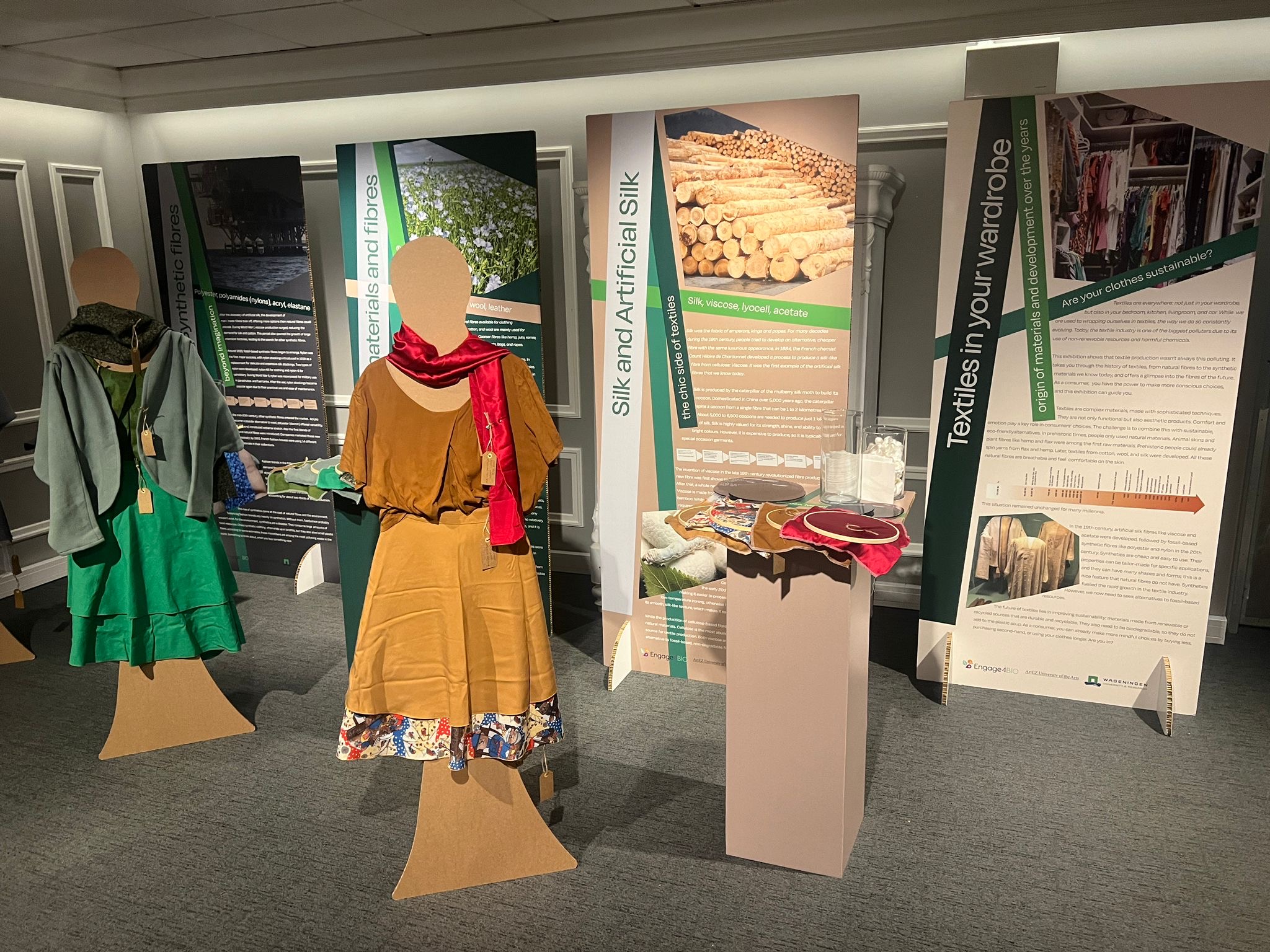This year’s history month focuses on the theme Eureka! A eureka moment can be anything. The Casteelse Poort Museum decided to showcase discoveries in agricultural science. Thirteen panels illustrate developments in agriculture and the role WUR has played in them.
But those seeking a Wageningen eureka moment will find themselves disappointed. ‘It is a difficult term’, says Jan Schakel, one of the four makers of the exhibition. ‘And my conclusion is that it is insufficient to unlock the history of science. Science is generally not about spontaneous insights but about a lengthy process of developing and challenging ideas.’
Newton
Eureka (meaning: I found it) is attributed to Archimedes, who suddenly understood a difficult problem while taking a bath. Whether the story is true is difficult to know for sure. Newton developed his ideas about gravity when an apple fell on his head while he was sitting under a tree. Nice story, but not true, we now know.
Science is generally not about sudden insight
Jan Schakel, former WUR teacher, current volunteer at De Casteelse Poort
Science is all about hard work. The exhibition features the usual suspects. Kees de Wit, for example, is a pioneer of high-production agriculture. Or Luitje Broekema, who developed successful new wheat strains at the onset of the last century. And, more recently, Marcel Dicke, who discovered that plants use chemicals to attract plague insect enemies.
Manure
‘Agronomy is a practical science’, Schakel says. ‘Small improvements can have a huge impact. Small innovations that enable farmers to drastically reduce pesticide use, for example.’ This “small” science generated wealth in agriculture. But also downsides, such as manure issues, about which Wageningen scientists warned as early as the 1970s.
In addition to serious topics, there is also room for frivolity. Wageningen science has never won a Nobel Prize. But WUR received the IgNobel Prize twice. Bart Knols and Ruurd de Jong were awarded this prize in 2006 for their discovery that malaria mosquitoes prefer cheese from Limburg. And, in 2013, Bert Tolkamp won it for his discovery that ‘The longer a cow remains lying down, the greater the chances of it getting up shortly.’
The exhibition is open until 5 November. The panels will likely be placed in Impulse after the exhibition closes.

 Illustration at the exhibition by Henk van Ruitenbeek
Illustration at the exhibition by Henk van Ruitenbeek 

